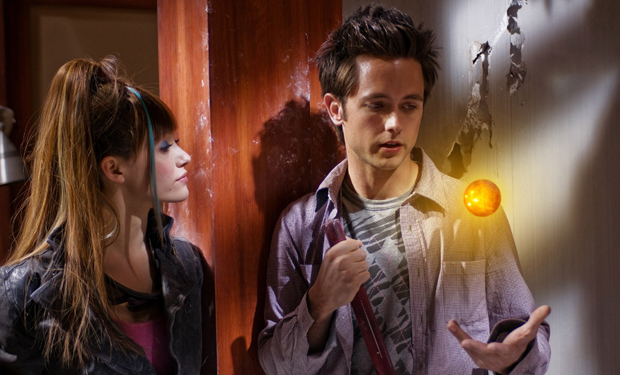Hollywood anime adaptations
Recently there have been several live-action remakes of well-known anime and manga series’. Full Metal Alchemist, Ghost in the Shell, and Attack on Titan are some of the titles that have made the jump to the silver screen but with critical reception generally unfavorable, something must have been lost in translation.
With that in mind, what can directors do to make memorable and exciting movies that do their source material justice?
Don’t be cliché

When Dragonball Evolution came out in 2009, fans were eager to see Goku on screen. However, the movie was a commercial flop in part due to its uninspired and forgettable plot. At that time, Dragonball had been running for over 20 years, giving the writers a rich world of possibilities to draw upon when creating the film’s story.
But stay true to the source
Let’s be honest – most of the people who go to see an anime adaptation will be familiar with the original work. Hollywood has tried to introduce these titles to a new audience, which is commendable, but let’s take the Ghost in the Shell movie, for example. It went from being a thought-provoking work on the idea of “self” to a standard sci-fi action movie. It didn’t help that there were some poor casting decisions that caused a media uproar, which leads us to our next point.
Be inclusive
Changing a character’s ethnicity doesn’t have to be controversial. For instance, Death Note’s L is Japanese in the manga but played by an African-American (the excellent Keith Stanfield) in the Netflix adaptation. However, when characters are significantly changed to accommodate actors of a different race, people understandably become irritated. For instance, Light Yagami became Light Turner and Motoko Kusanagi became Mira Killian in their live action movies. There’s already a serious shortage of ethnic actors in Hollywood and denying them roles they’d be suited to make it even harder for them to gain a foothold in the industry.
Don’t try to cram 26 (or more) episodes into a feature film runtime
Really, this point should be obvious. A season of anime has a lot more time to create complex characters and plotlines whereas a movie has at most two hours to wrap everything up. This can lead to movies that feel rushed, with poor pacing and plot threads left hanging for a sequel that will, in all likelihood, never be made. Also, some anime already have stripped-down versions (Puella Magi Madoka Magica, Ghost in the Shell: Laughing Man and Individual Eleven), making their adaptations all but pointless.
We’re a long way from the bootleg VHS tapes and late night timeslots of the 90’s and early 2000’s. Anime has become far more popular in recent years and this should be celebrated. However, it’s going to take some time for Hollywood to discover what exactly the fans want. Once this happens, we might have some adaptations that are actually worth watching.